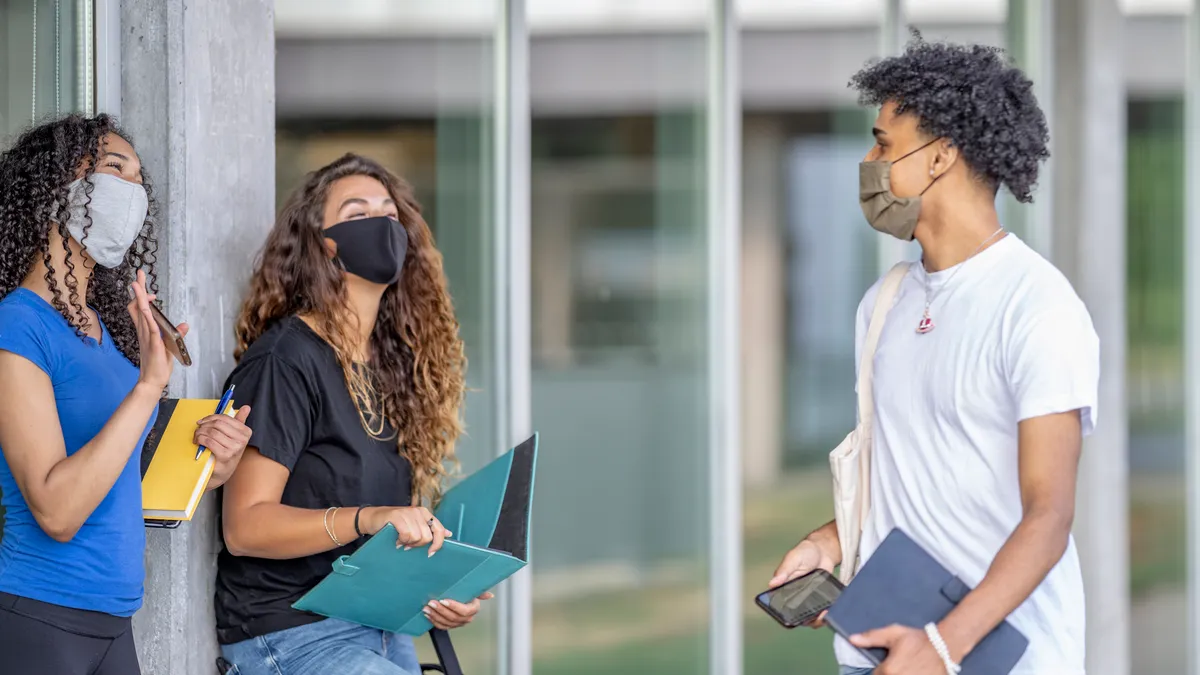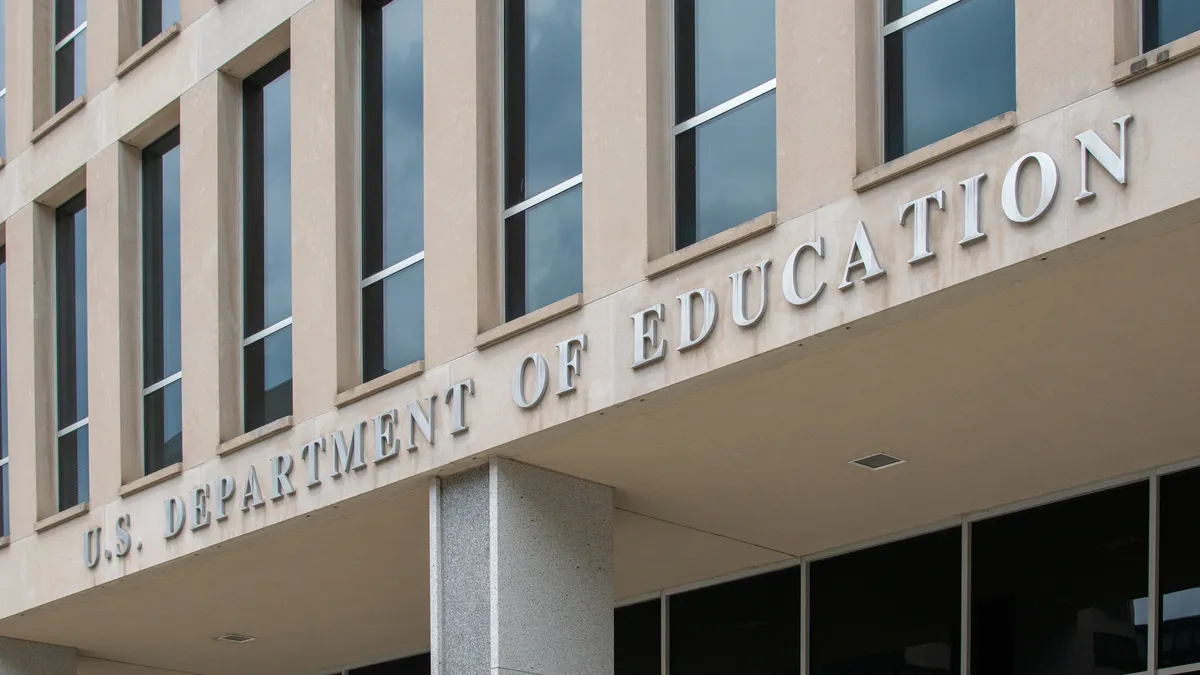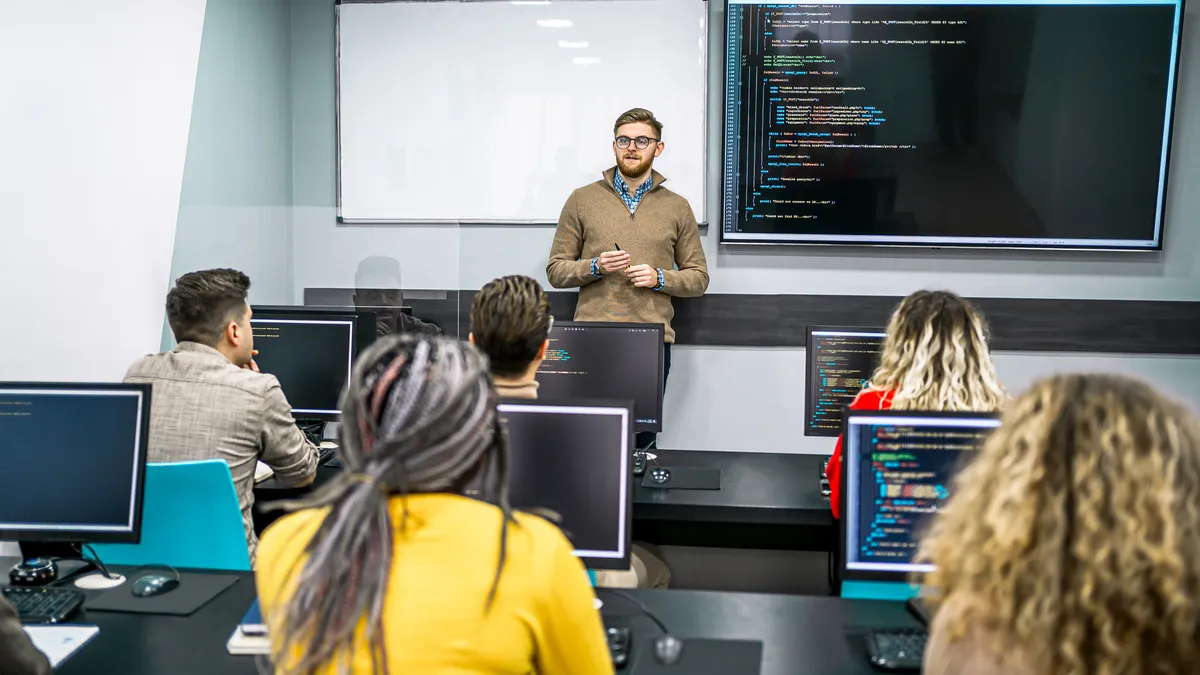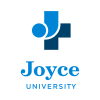Aaron Thompson is the president of the Kentucky Council on Postsecondary Education.
In conversations across Kentucky, business leaders routinely approach me to discuss what they're looking for in college graduates. Over and over again, they say that while colleges do a great job providing technical training and knowledge to their students, that is not what they need most from higher education. Indeed, many companies increasingly believe they can provide much of that content themselves. Where they really struggle is finding — or developing — workers with the uniquely human skills that make for a great employee.
Employers are looking for individuals with good communication, leadership and problem-solving skills. They expect workers to be flexible, creative, adaptable, culturally competent in diverse environments, able to work in teams, and eager to retrain and reskill as technology advances. The fact that so many college graduates seemingly lack these important competencies (or, if they have them, are unable to demonstrate this mastery to employers), points to a failure to connect what students are learning in the classroom to employers' evolving expectations.
That's why, through a partnership with the nonprofit Quality Assurance Commons, the Kentucky Council on Postsecondary Education has worked to embed career competencies into a student's educational experience. Our goal is to bridge the gap between the classroom and the workplace by teaching academic concepts through hands-on, practical applications and internships or job shadowing experiences. Sixteen academic programs at six participating schools, along with employers from five key industries, took part in the pilot initiative, which started in November 2018. Programs were certified in April 2020.
To begin, we created a framework for regularly bringing together faculty, career services professionals and institutional research offices on campus. While all of these individuals play a critical role in the development and measurement of workplace-essential skills in students, they mostly work in a vacuum.
Next, we built relationships between this collective and regional employers and alumni across key sectors such as construction, manufacturing, healthcare, logistics, and business services and technology. These individuals provided academic programs and career services professionals with up-to-the-minute commercial perspectives on how the workplace is changing and what skills successful job candidates need to possess. In some cases, they even consulted with faculty in the development of assignments or projects.
Finally, we developed a rigorous certification process, in which the QA Commons, as a third party, reviews a school's academic programs to determine graduates' workplace readiness, based not only on the curriculum but also on graduates' job performance. Each program submitted a detailed portfolio of evidence around five categories for external review. The categories included proficiency in essential employability skills and engagement with employers and alumni.
The certification provides institutions with a clear benchmark by which to evaluate student success, both inside and outside the classroom, as well as how academic programs are aligning with an ever-evolving world of work. Once widely recognized, this certification could help employers feel assured that graduates will be quality hires. So far, initially certified programs have collectively served more than 3,000 students across Kentucky, with more programs coming online.
The pilot campuses realized a number of benefits through their participation in this initiative. Perhaps most importantly, employers and institutions developed a shared language around — and a deeper understanding of — what quality and success should look like for programs and students. This vocabulary is best summed up by what QA Commons calls Essential Employability Qualities, or EEQs. Together, these eight skills paint a picture of a hireable graduate — one who is adept at communication, problem-solving, inquiry and collaboration, and who is adaptable, principled, professional and always willing to learn.
Mastering the language of EEQs increased students' ability to communicate their workplace readiness to potential employers. The experience they gained from successfully performing real-world job tasks increased their confidence in their own qualifications. Because employers were involved in shaping the curriculum, they also felt more confident in graduates' abilities.
Professional development for faculty has been critical to the effort's success. We developed a Faculty Employability Fellows program to encourage and support 14 faculty from seven public colleges and universities as they reimagined their roles in preparing students for careers. It has helped them understand what EEQs are, how to embed them in the curriculum and how to assess them. It also helped them learn how to follow up with graduates and employers to confirm graduates were indeed workplace-ready. We continue to seek ways to support and deepen these faculty-employer relationships.
Our goal is to serve as a model for state and system leaders across the country looking to improve the quality of their institutions and programs, and hoping to boost the employability of their graduates. State agencies can provide leadership and guidance to help ensure students master the skills that will carry them through their careers.
Students invest so much in higher education. The return on that investment must include improved employment opportunities and in-demand, industry-informed soft skills. The COVID-19 pandemic and its economic fallout have further emphasized the need for these competencies, especially adaptability and resilience. This work is not easy, but it is necessary.






















